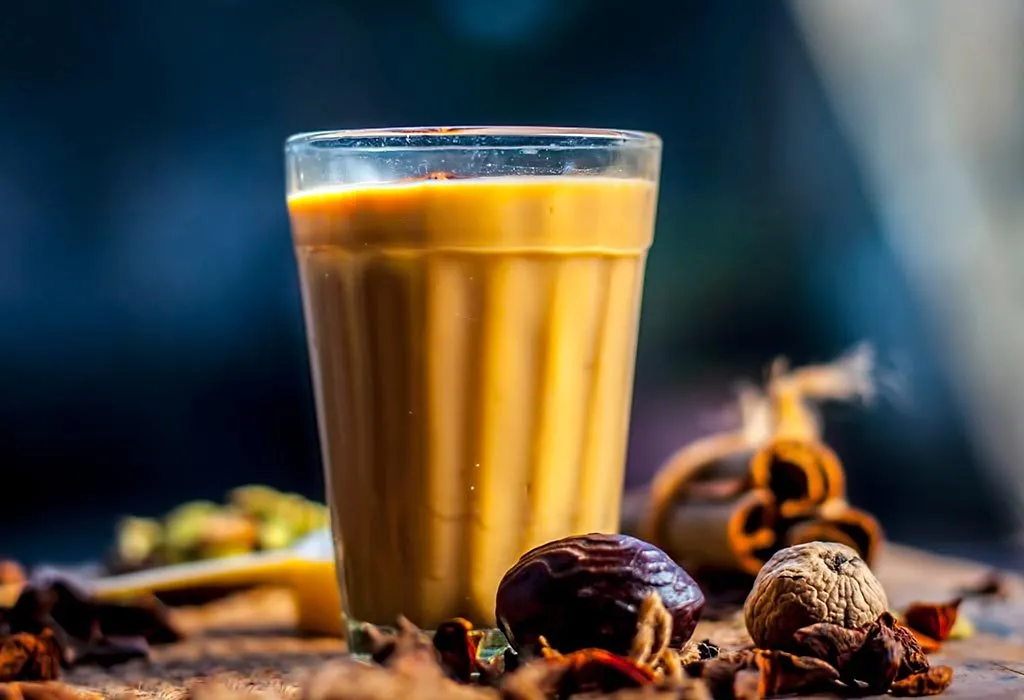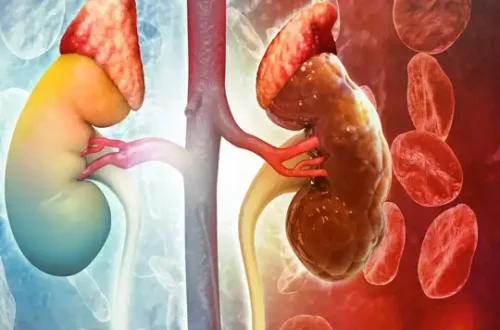Milk tea has become a beloved beverage worldwide, celebrated for its rich flavor and comforting warmth. However, while indulging in a cup of milk tea can be a delightful experience, it’s essential to be aware of its potential side effects. Discover the potential risks and health concerns associated with indulging in milk tea. Learn about the side effects of drinking milk tea and make informed choices for your well-being. Dive into our article to explore the adverse impacts of milk tea consumption.
Understanding Milk Tea
Milk tea, a blend of brewed tea and milk, has gained popularity in various cultures, offering a unique fusion of flavors. Whether it’s classic black milk tea, creamy chai tea latte, or trendy bubble tea, these concoctions often feature tea leaves infused with milk, sugar, and sometimes additional flavorings or toppings.
The Dark Side of Milk Tea: Side Effects Unveiled

1.Caffeine Overload One of the primary components of milk tea is tea leaves, which contain caffeine. While moderate caffeine intake can provide a temporary energy boost, excessive consumption can lead to jitters, insomnia, and increased heart rate. Individuals sensitive to caffeine should be cautious when indulging in multiple servings of milk tea throughout the day.
2.Caloric Concerns: Despite its seemingly innocent facade, milk tea can pack a significant caloric punch, especially when laden with sugar and creamy additives. Regularly consuming high-calorie milk teas may contribute to weight gain and hinder efforts towards maintaining a healthy diet.
3.Potential Allergens: For individuals with lactose intolerance or dairy allergies, milk tea poses a potential threat. Even non-dairy milk alternatives used in some variations of milk tea, such as almond or soy milk, may trigger allergic reactions in susceptible individuals. It’s crucial to scrutinize ingredients carefully and opt for dairy-free options if necessary.
4.Sugar Shock: Sweetened milk tea beverages often contain copious amounts of added sugar, which can wreak havoc on your health when consumed in excess. From tooth decay and insulin spikes to increased risk of chronic diseases like diabetes and obesity, the hidden sugars lurking in milk tea can pose serious health risks.
5.Digestive Distress: The combination of caffeine and dairy in milk tea can spell trouble for those with sensitive stomachs. Digestive issues such as bloating, gas, and acid reflux may be exacerbated by frequent consumption of milk tea, particularly on an empty stomach or in large quantities.
Conclusion: While sipping on a steaming cup of milk tea can be a delightful indulgence, it’s essential to approach this beloved beverage with caution. Understanding the potential side effects of drinking milk tea empowers you to make informed choices about your dietary habits. By moderating your intake, opting for healthier variations, and being mindful of ingredients, you can enjoy the pleasures of milk tea without compromising your well-being.
If you have any queries related to medical health, consult Subhash Goyal or his team members on this given no +91 99150 72372, +91 99150 99575, +9182830600






